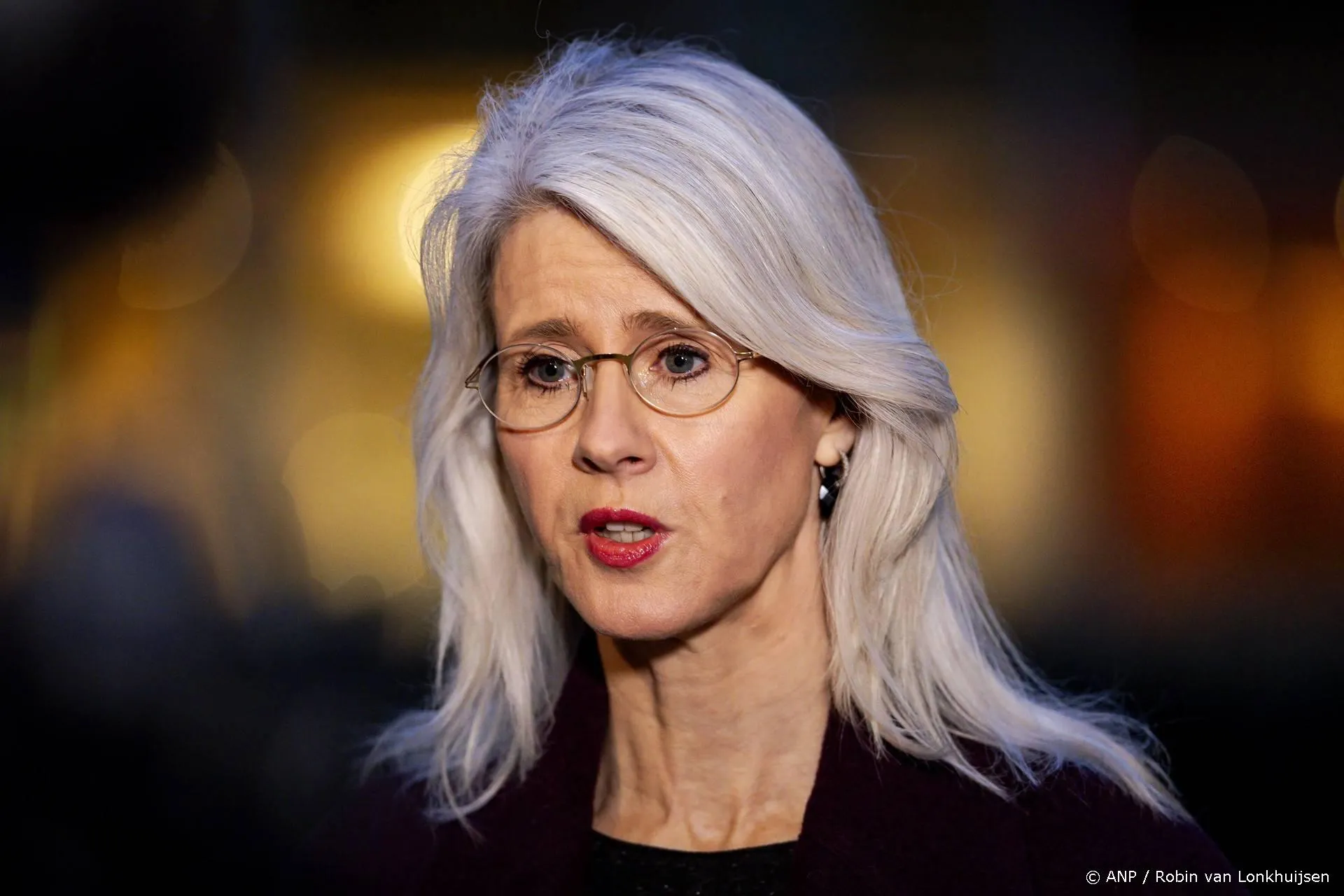Bob Carter hekelt Australisch klimaatbeleid
Ook in Australië woedt een hevige klimaatdebat. De socialistische regering Gillard wenst een CO2-belasting in te voeren. Onlangs verklaarde de wetenschappelijke adviseur van de regering, Ian Chubb, dat de samenleving op basis van de huidige wetenschappelijke inzichten wel genoodzaakt was om maatregelen te nemen. Maar onder de titel 'The science is not settled', hekelt de bekende Australische klimaatscepticus Bob Carter het standpunt van de regering.
Bob Carter:
Ian Chubbe says the climate change debate is not about politics but science. Would that it were so. But it is not that simple, for there really are two matters at hand, namely the science relevant to global warming and the principle of sound empiricism and calm rational thought to determine important affairs of state (politics).
Alas, in the public debate about global warming, these principles of sound science and sound governance have become entwined with political self-interest by well-funded lobby groups of both the ''save the world'' and ''let's make money'' variety.
First, the science. The scientific method is a brilliantly successful technique for discovering, understanding and managing the world around us, born out of the fire of the European Enlightenment. Sound science is based upon observation, experiment and the testing of hypotheses in the context of the principle of simplicity (often termed Occam's Razor).
The unvalidated computer models that now dominate the public face of climate ''science'' are a jungle of complexities, and represent speculative thought experiments not empirically tested science. In support of these methods, the former director of the British Meteorological Office, Professor John Mitchell, has said that ''people underestimate the power of models. Observational evidence is not very useful Our approach is not entirely empirical''.
The last part of this statement is only too true, and leads to the discomfit expressed by those such as the British engineering professor John Brignell: ''The ease with which a glib algorithm can be implemented with a few lines of computer code, and the difficulty of understanding its implications, can pave the path to cloud-cuckoo land.''
Climate science is not primarily about modelling, albeit a powerful tool, but about testing hypotheses against key empirical facts .
Professor Chubb claims: ''Ross Garnaut has summarised the state of climate science in his recent report.'' But what Professor Garnaut in fact summarised were the official findings of the UN's Intergovernmental Panel on Climate Change (IPCC), an undeniably political body. Professor Garnaut also said that IPCC views are supported ''by the learned academies of science [all disciplines] in all of the countries of scientific accomplishment''. Which invites the obvious response, ''Well, they would say that, wouldn't they?''
The ''IPCC and most academies'' line is, of course, the argument from consensus, which raises the question: When did you last hear a scientist say ''there is a consensus that the sun will rise tomorrow''? Never, of course, for the very use of the phrase ''consensus'' in science tells you that a matter is not settled. Global warming science is not just unsettled but profoundly uncertain and controversial. Consensus is a political, not scientific, concept. As Michael Crichton wrote: ''There is no such thing as consensus science. If it's consensus, it isn't science. If it's science, it isn't consensus. Period.''
En zo gaat hij door.
Conclusie:
Good governance on scientific issues is based on the twin principles of prudence and do no harm, especially to society's most disadvantaged. Everything that we know about climate change tells us that it is both dangerous and uncertain. The appropriate insurance is a national policy based on preparing for and adapting to all climate events as and when they happen, irrespective of their cause. If, instead, political pressure from lobby groups defeats contestable scientific advice, then Australia will get a swingeingly expensive, regressive and environmentally ineffectual carbon dioxide tax - and live to regret it.
Lees verder hier.
Ach, de Australische regering zal wel denken: in ons eentje kunnen we de planeet niet redden van die verschrikkelijke opwarming [die maar niet wil komen]. Maar het geeft ons uit het oogpunt van getuigenispolitiek zó'n prettig warm gevoel van morele superioriteit. En de extra overheidsinkomsten die daaruit voortvloeien, zijn toch maar mooi meegenomen!
Ga verder met lezen
Dit vind je misschien ook leuk
Laat mensen jouw mening weten
Lees ook
Loading


